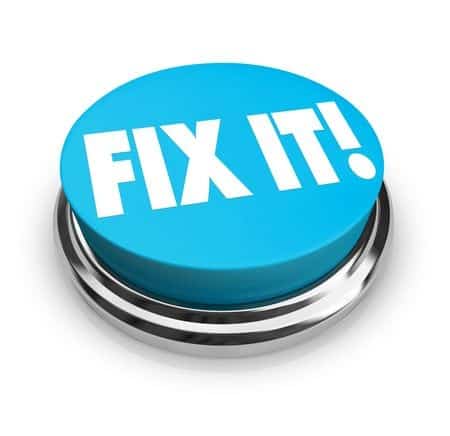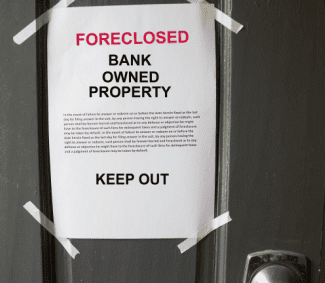Making Tenant-Requested Repairs: Can You Refuse?

If you aren’t sure whether you’re going to honor a tenant’s repair request, there are some things to carefully consider. The first one of those is the law, of course. If a repair requested by a tenant is based on whether the apartment is safe to live in, that repair has to be done. Included are things like heat and running water. Every state (and some municipalities) have their rules about habitability of dwellings. If you’re not sure what’s absolutely required, it’s a good idea to check into the laws and codes before renting apartments to anyone.
Then you’ll know whether something a tenant reports to you for repair is an emergency in the sense that the apartment isn’t habitable until it’s fixed. Those kinds of repairs should never be refused, as they can get you into legal trouble. Just have the problem corrected as quickly as possible, and work with the tenant to make sure they understand that you take the problem seriously and will get it corrected. Problems that don’t affect habitability aren’t as urgent, but that doesn’t mean law-required repairs are the only ones you should be making.
Generally, if something was working when the tenant moved in, and it stops working while the tenant lives there, you should repair it so it works again. That’s just the best way to handle things, if you want to keep your tenants happy. If you have appliances that you don’t want to have to repair, make sure it’s written into the lease that the appliance is a luxury and the responsibility of maintenance, repair, or replacement lies with the tenant. You may also want to add a clause about deliberate damage or vandalism by a tenant, so you’re not stuck for expensive repairs for something the tenant clearly broke.
Of course, it’s not just the tenant’s apartment where things can break. If you have common areas like barbecue grills, a playground, a fitness center, a pool, or anything else where tenants can gather and do things, you’ll want to make sure those areas are in working order. If a tenant lets you know there’s a problem with one of those areas, repairing it is the best choice. If it’s a big repair, though, you may have to close the area down for a few days so it can be fixed. That’s for the safety of all your tenants, and not the same thing as refusing a repair request.















 Accessibility
Accessibility